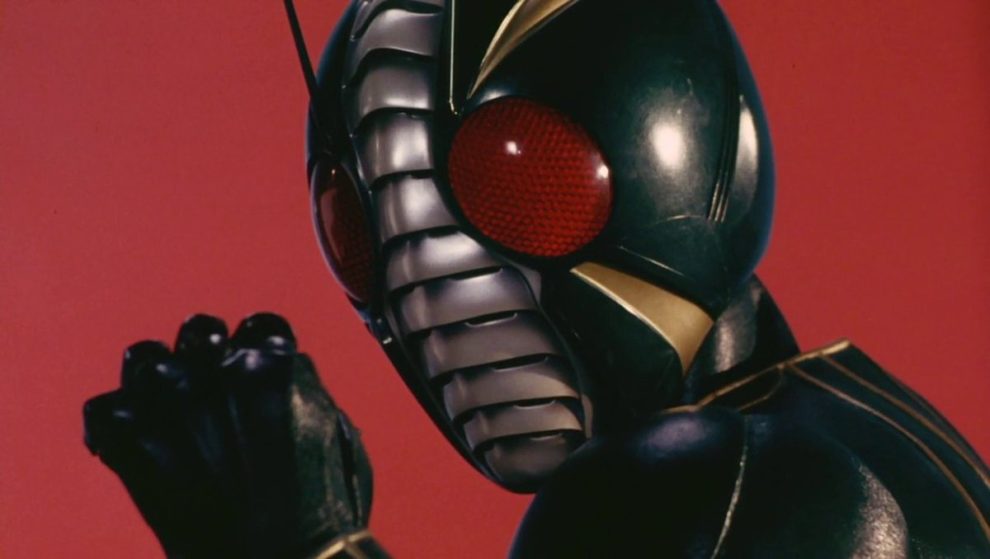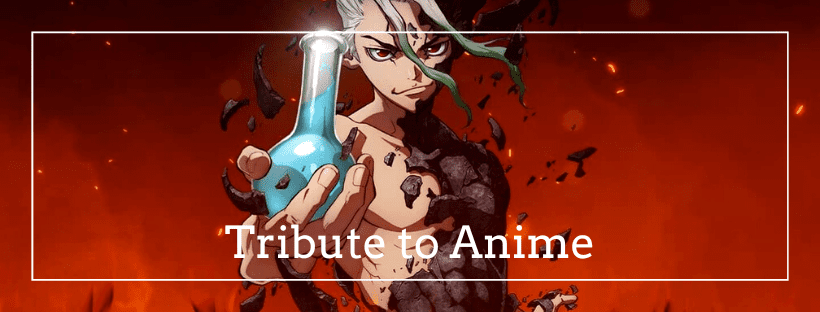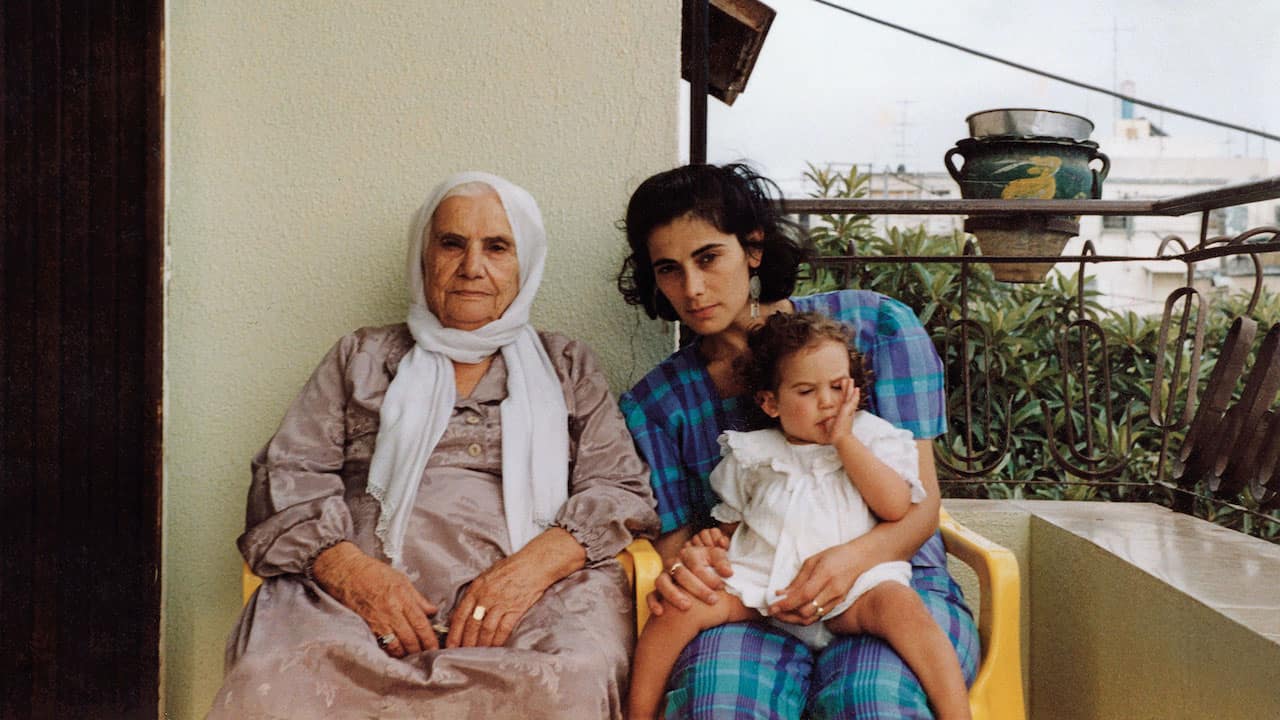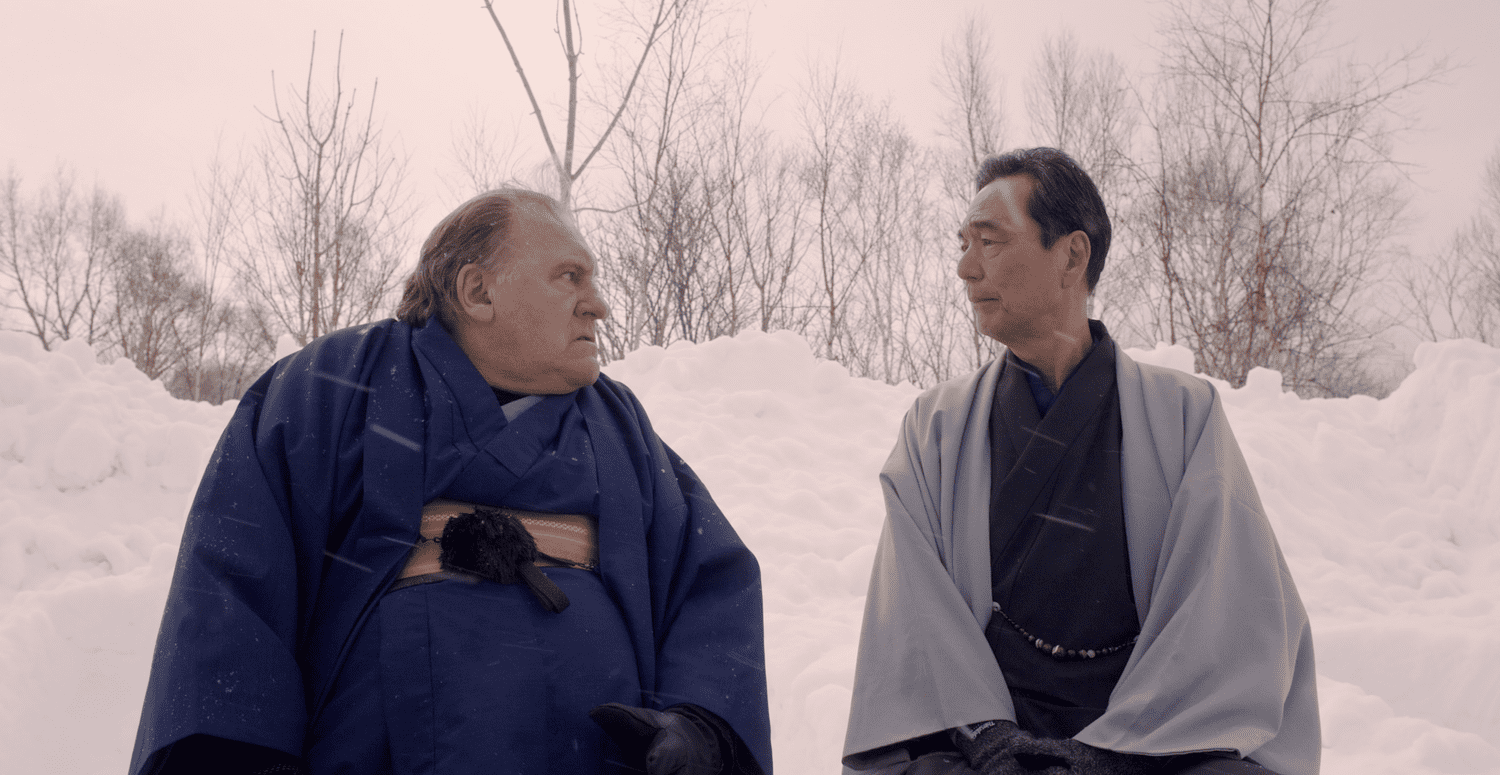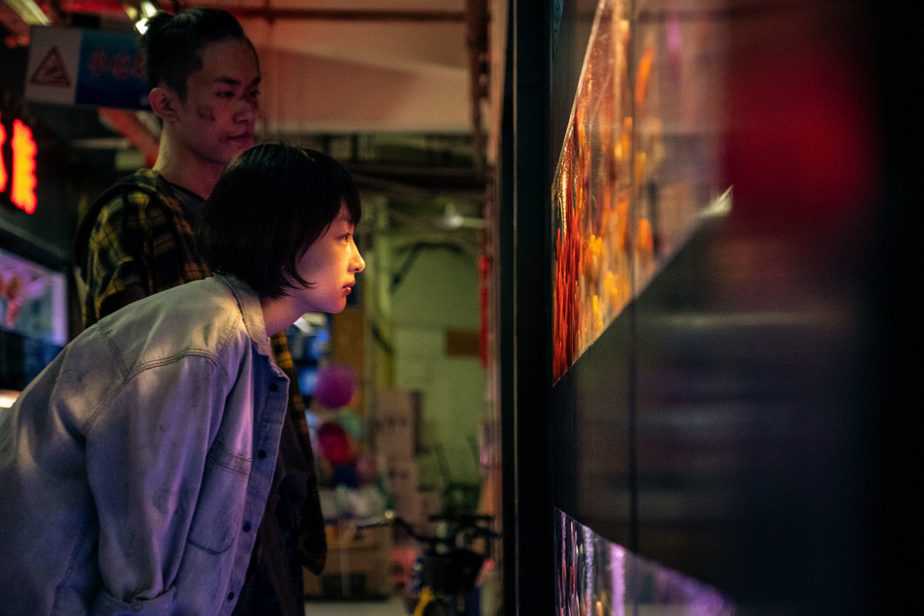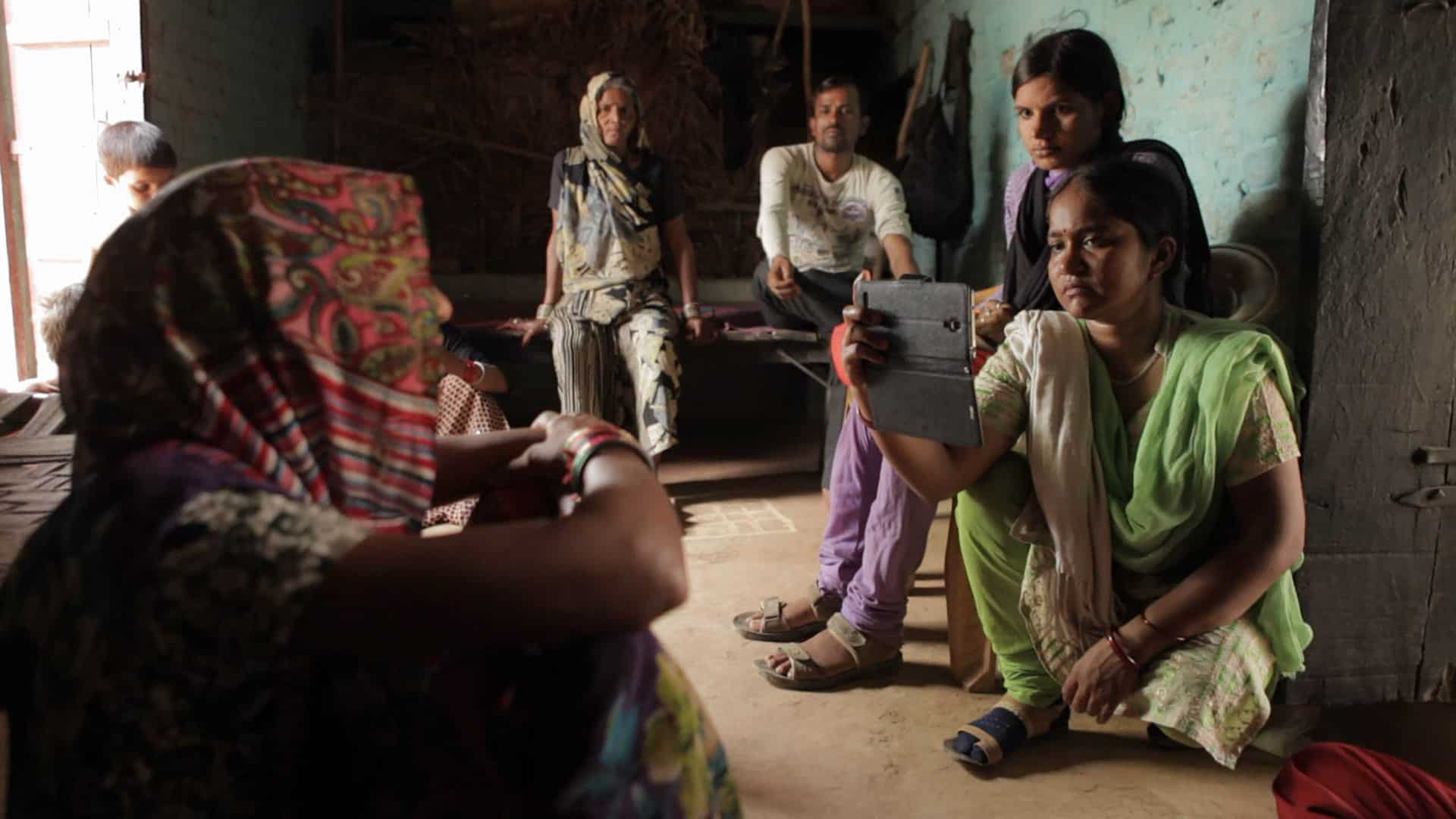With the recent hit series “Kamen Rider Black Sun” and Hideaki Anno's upcoming film, “Shin Kamen Rider,” Kamen Rider continues to flourish as one of Japan's most popular and beloved tokusatsu characters. Created in the imaginative mind of manga artist Shotaro Ishinomori, the franchise began in 1971 with a successful television and manga series; the rest is history. Since then, the insectoid motorcycle-riding superhero has been reimagined in countless ways throughout the years. While not as frequent as appearances in tv shows, the franchise has also seen its fair share of movies. With the upcoming theatrical release of “Shin Kamen Rider,” it's fascinating to look back on how Ishinomori's creation has been depicted in cinema throughout the years. Generally speaking, the character's track record in the film has ranged from serviceable to lackluster. Some, like “Kamen Rider: The First,” is at best a passable viewing experience, while others, such as “Shin Kamen Rider: Prologue,” are a tedious misfire. Yet, one such project would stand out in the best way possible and serve as not only a high-point in the franchise but also tokusatsu filmmaking in general, with Keita Amemiya's wonderfully entertaining “Kamen Rider ZO.”
The film was conceived as a standalone project celebrating the franchise and marking the first collaborative production between Toei and Bandai. In the director's chair would be acclaimed character designer Keita Amemiya, who already had demonstrated he was also skilled at directing, as evidenced by one of his prior features, “Zeiram.” Noboru Sugimura wrote the screenplay; he was an individual with a long list of writing credits in tokusatsu, including various “Super Sentai” shows such as “Kyoryu Sentai Zyuranger.” Furthermore, to ensure successful box office numbers, the movie would be screened alongside theatrical versions of “Gosei Sentai Dairanger” and “Tokusou Robo Janperson” in conjunction with the Toei Super Hero Fair. “Kamen Rider ZO” is one of the most beloved and recognizable renditions of the iconic character, and the film is highly regarded by long-time fans and newcomers to the franchise.
Masaru Aso is a young man who works as a lab assistant to Doctor Mochizuki, a radical genius who conducts strange experiments. Mochizuki ends up experimenting on Masaru, transforming him into the grasshopper-like cyborg being known as Kamen Rider ZO. Horrified and emotionally crushed, the mutated protagonist retreats to the mountains, where he falls into a coma. Two years later, he is awakened by a telepathic call to protect a child named Hiroshi from a grotesque monster named Doras, who is determined to capture the little kid and destroy humanity. Unfortunately, the destructive abomination is also able to create other horrifying beasts as well. The transformed hero sets out to protect the boy while he comes to terms with his new, changed existence. Eventually, a mystery transpires when Hiroshi is revealed to be the son of Doctor Mochizuki, who has mysteriously vanished. Doras is revealed to be the form taken by a terrifying entity known as the Neonoid. As the plot progresses, chaos ensues in a battle between good and evil.
At first glimpse, this is a fairly simplistic storyline. Yet, there is more to the narrative of “Kamen Rider ZO,” and it helps that the screenplay is solidly written. For starters, it is full of nice nods to the franchise, such as a clear influence from the first arc of the original 1971 “Kamen Rider” television series, but with Keita Amemiya's unique spin on the superhero. The characters are full of personality and very likable, and the main villain manages to be captivating and intimidating. The experience also succeeds at being fun while having a gritty edge. It aims to entertain viewers but isn't afraid to get dark, especially with the origins of the lead.
Where the screenplay particularly shines is in the themes. It does a good job of showing the link between humanity and nature and tackling some surprisingly serious issues, such as reconciliation and forgiveness. Raw plot threads include Masaru being forced to live with the harsh reality that he is forever changed and Hiroshi longing for a father figure in his life. Even Doctor Mochizuki, initially set up as an irredeemable antagonist, goes through a surprisingly emotional arc. There is even some commentary regarding Japanese society, such as extreme devotion to work and prejudice against those who are different, as well as influence from dark pieces of World War II history, particularly human experimentation, atrocities that Germany and Japan frequently committed during the Second World War and have been often referenced throughout the franchise. The recent series “Kamen Rider Black Sun” even directly mentions the inhumane experiments conducted at Unit 731.
All that said, it would have been nice if the movie had been longer. While super entertaining, it sometimes feels overly condensed. The reason was due to production conflicts. What initially was pitched to be an hour-and-a-half-long was reduced to a 48-minute runtime, just barely fitting the criteria of a feature film. As a result, some areas of the story feel underdeveloped, such as some charming side characters who could have used more development. Also, had it been longer, there could have been even more done with the striking monsters Doras creates. That said, a manga adaptation does exist that further fleshes out the story.
Everyone puts in a solid performance here. Kou Domon is terrific as Masaru Aso and makes the character likable while also balancing being charming and dramatically effective. Also great is Shohei Shibata as Hiroshi Mochizuki, an innocent child thrown into sudden danger when he merely wishes for his father to return to his life. Doctor Mochizuki, when onscreen, is impressively played by Isao Sasaki, a talent with an expansive career appearing in various tokusatsu shows and working with renowned filmmakers such as Nagisa Oshima, Masahiro Shinoda, and Akio Jissoji. Comedic actor Hiroshi Inuzuka gives the part of Hiroshi's grandfather, Seikichi, a lot of personality. The creature performers also do exceptional work here, such as veteran suit actor Jiro Okamoto, who does a superb job playing Kamen Rider ZO. Despite being underutilized, the side characters, such as Naomi Morinaga, who plays Reiko, and a dojo member played by stunt actor Kenji Ohba, are still decent here.
Despite a rushed production, “Kamen Rider ZO” is a superbly made movie. Striking set pieces are on full display here, along with some wonderfully staged action sequences and fantastic special effects directed by Shuichi Kokumai. The highlight is the creature designs, all beautifully designed by Keita Amemiya. The suits are extremely detailed and visually appealing. Equally commendable is the stunt work showcased in some impressively choreographed fight scenes, which is no easy challenge considering the hard work that went into making the monster costumes. The visual glory is all captured by the movie's cinematographer, Fumio Matsumura. Eiji Kawamura's music score adds to the kinetic energy of the film. Yet, it is also cleverly utilized in the calmer moments of the movie, particularly with a tune that plays from Hiroshi's watch that ties into his longing for his father's return. The original songs “Hohoomi no Yukue” and “Ai ga Tomaranai,” featuring vocals by the rock band infix, are also great.
“Kamen Rider ZO” is a great film and a highlight of Keita Amemiya's career. Long-time fans of the iconic superhero will get a kick out of this unique interpretation of the character, and newcomers to the franchise can appreciate the talent on display here. In addition, audiences will be entertained by the feature's kinetic energy, impressive action scenes, and outstanding creature designs. To this day, the superhero's design in this feature remains one of the most memorable depictions of the insectoid cyborg. While the narrative suffers a bit in some areas due to its condensed runtime, the story remains engaging thanks to outstanding leads and its approach to serious topics.


